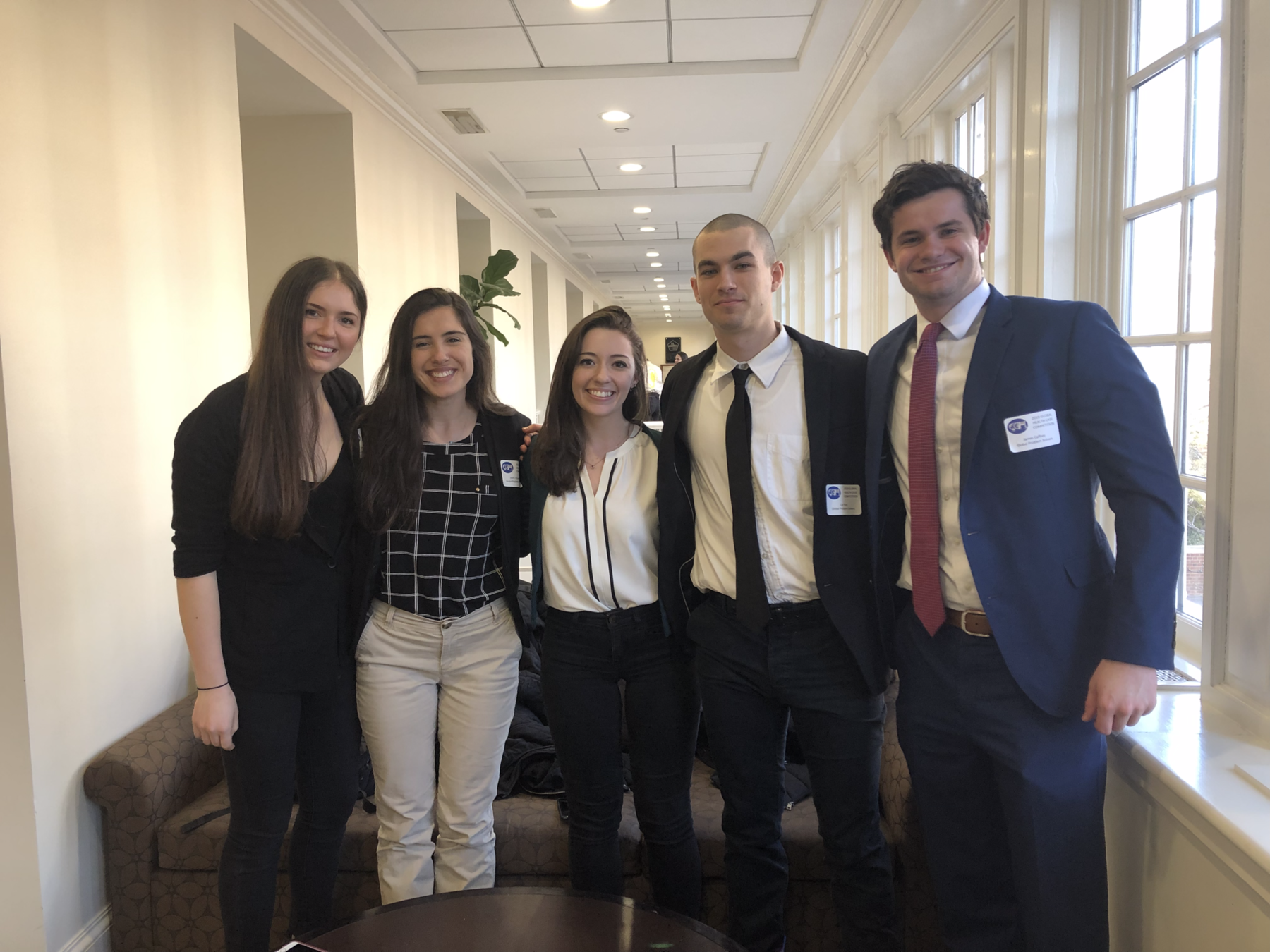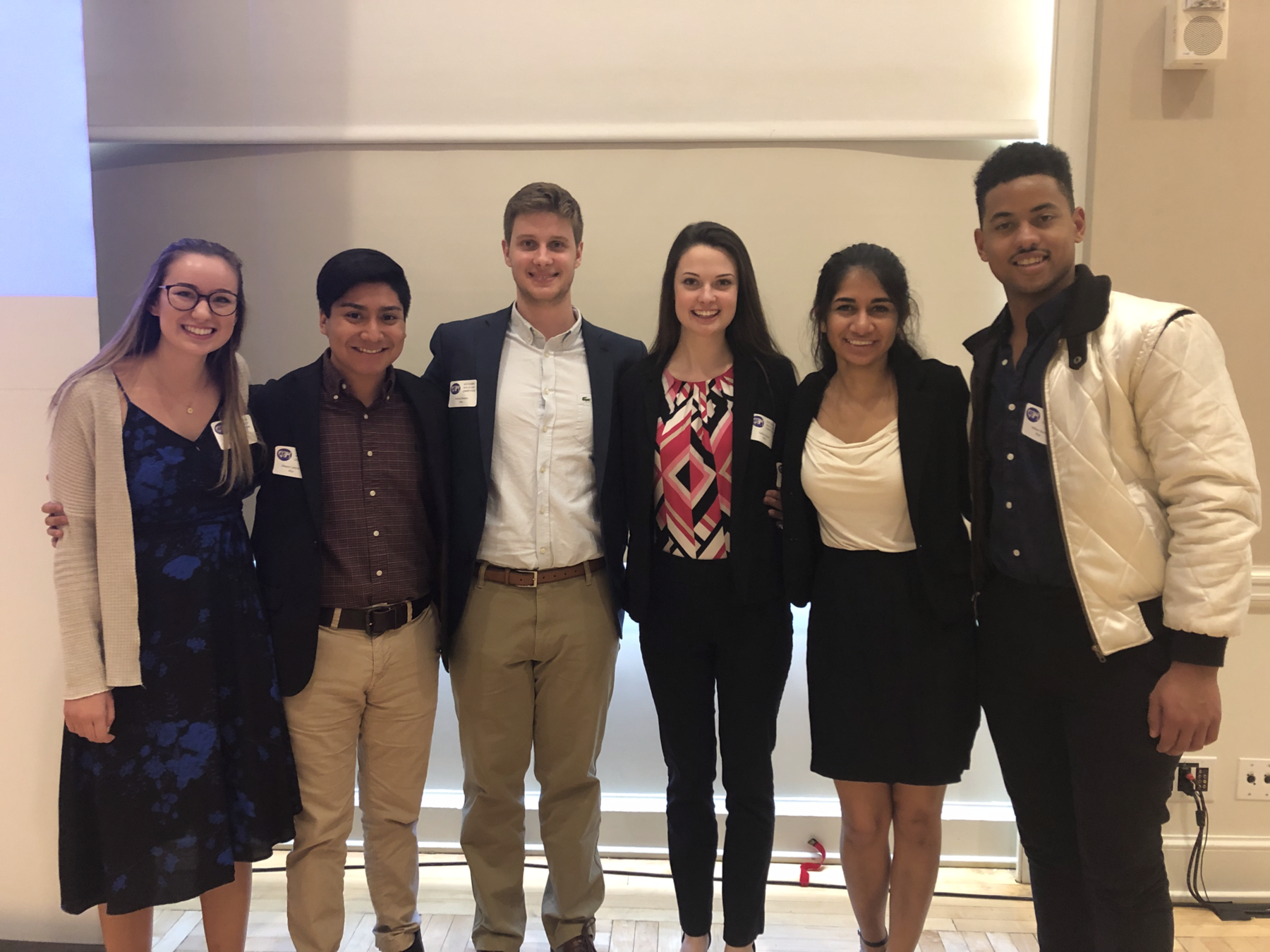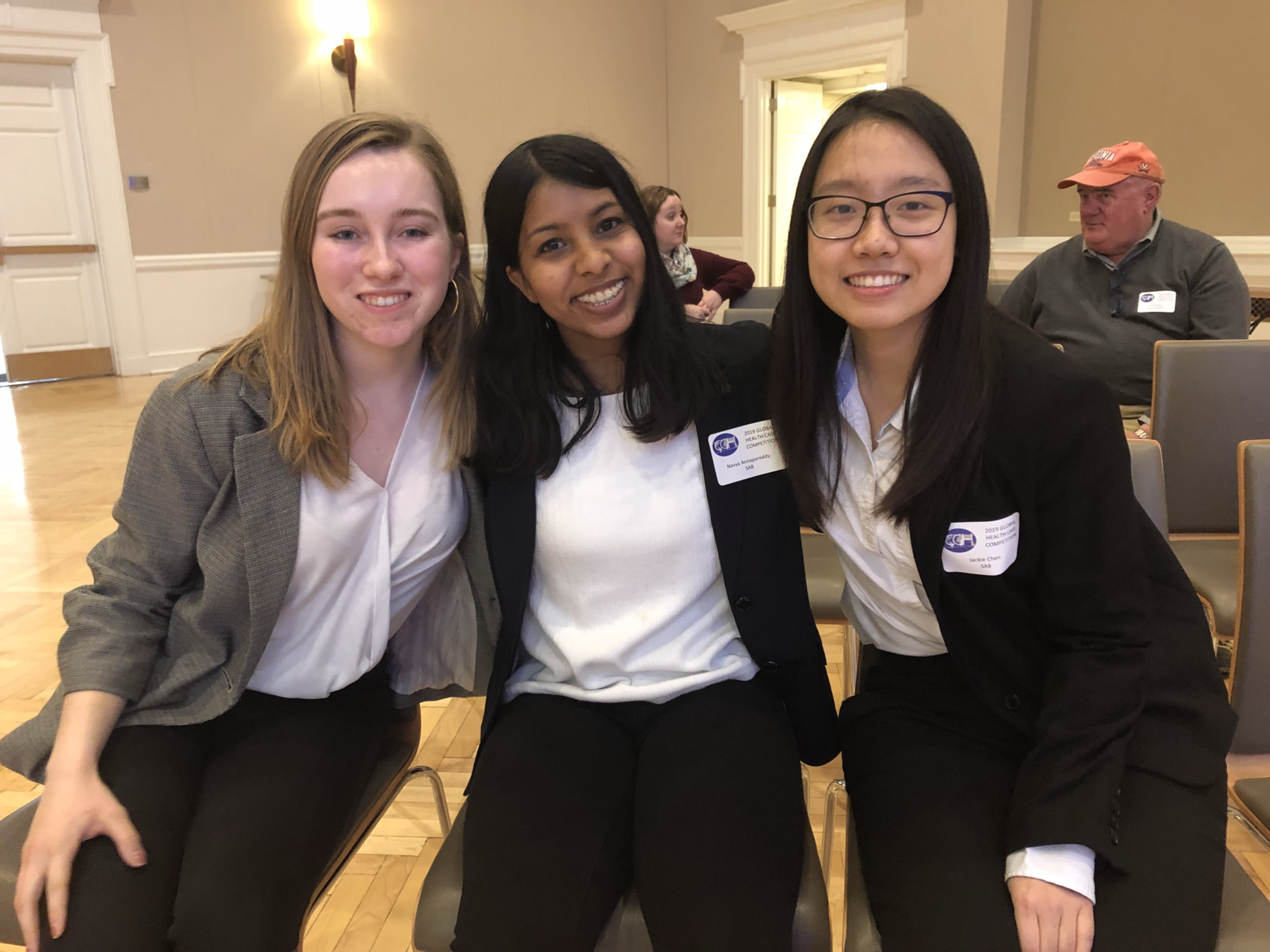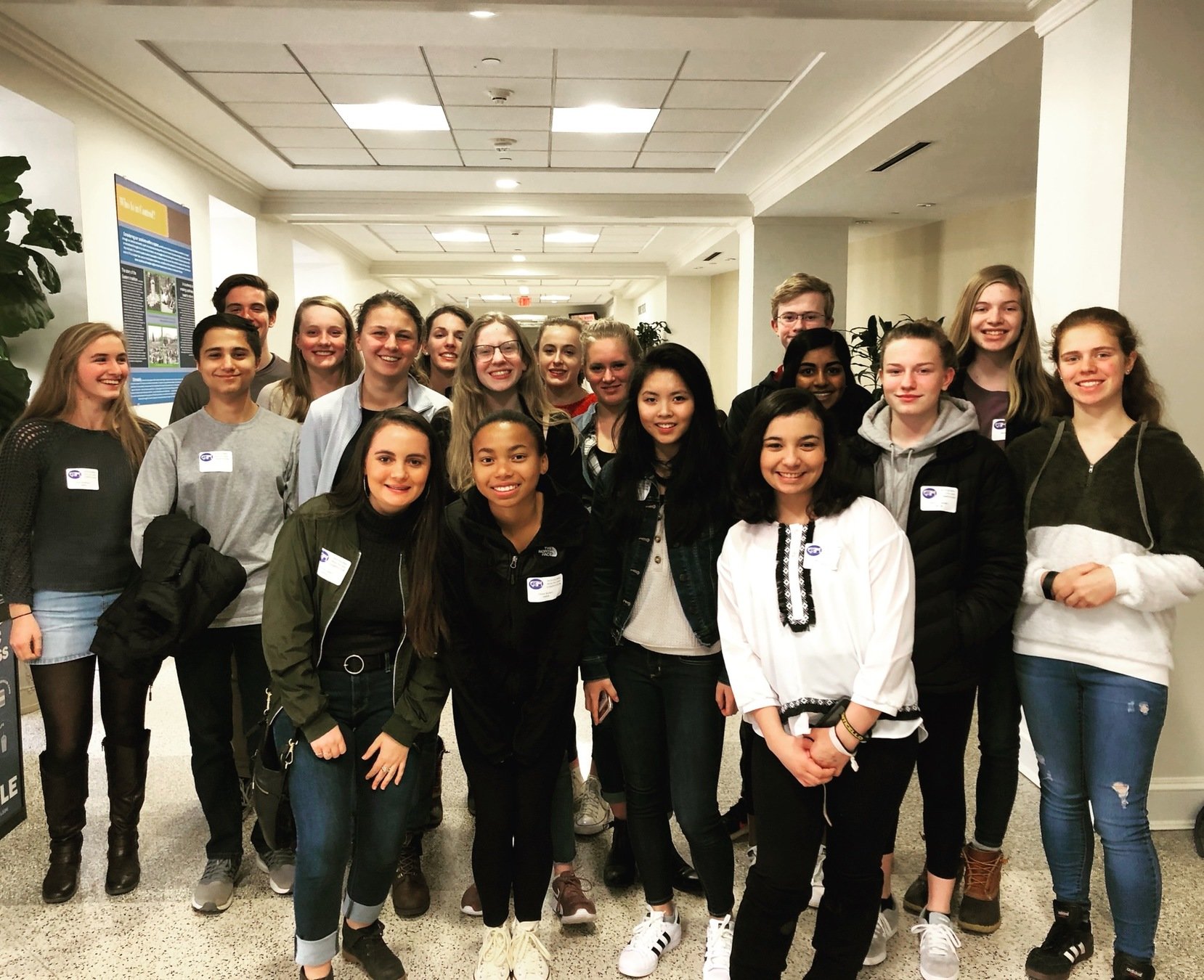2019 UVA Global Health Case Competition
Nicaraguan women are still fighting. Photo by: Oswald Rivas
THE GOAL: to create a proposal for building an innovative, effective, implementable, and financially sound solution to address issues that will be presented to a panel of judges representing the Nicaraguan Ministry of Health. Importantly, the idea of a sustainable project is stressed (e.g., leveraging existing resources, such as government institutions, health programs, NGOs; integrating the solution into communities) for appropriate response to assess and offer solutions to improve women’s health.
CASE STUDY IN WOMEN’S HEALTH:
SUPPORTING SOLUTIONS TO VIOLENCE AGAINST WOMEN IN NICARAGUA
THE CASE ASKS PARTICIPANTS: to develop a five year action plan for the Nicaraguan Ministry of Health (MINSA) in order to address the web of issues impacting women’s health outcomes. The United Nations Global Database on Violence against Women reports lifetime risk of physical or sexual intimate partner violence in Nicaragua to be 23%. Other sources, such as the World Health Organization, report rates of violence against women to be as high as 52%. A variety of formal and informal structures and actors such as law, policy, grassroots movements, and civil society organizations have made progress to combat these statistics. Competitors are challenged with developing a plan that works alongside existing structures to support, coordinate, and implement efforts at improving the health and wellbeing of women in Nicaragua.
CASE SUMMARY
THE CASE ASKS PARTICIPANTS: to create a proposal for building an innovative, effective, implementable, and financially sound solution to address these issues that will be presented to a panel of judges representing MINSA. While they have not been given a specific monetary budget, teams must be able to provide a detailed budget for how they would implement a solution within a five-year timeframe. In addition, the idea of a sustainable project is stressed (e.g., leveraging existing resources, such as government institutions, health programs, NGOs; integrating the solution into communities).
CASE SUMMARY
The UVA Center for Global Health (CGH) engages multiple disciplines across the University of Virginia, as well as across cultural, economic, and geographic divides to focus on improving health and well-being. It has been an honor working on the case and supporting the 2019 Global Health Case Competition which includes over 75 student participants, 8 outstanding faculty and guests judges representing multiple critical disciplines, and a diverse and dynamic group of peer mentors whose experiences and guidance is essential. We are delighted and proud to welcome Dr. Rebecca Dillingham, director of the UVA Center for Global Health, who offers expertise and serves as an invaluable asset to this endeavor. In the spirit of collaboration, we welcome each and every one of you.
Thank you for being here today.
WELCOME ADDRESS
Fern Hauck, UVA Medicine
Emma Mitchell, UVA Nursing
Brad Brown, UVA Commerce
Bree Campbell, UVA Medicine
JUDGES
We are deeply grateful for the contributions of the GHCC judges each year. Their expertise, insight, and attention to each team make the case competition a rich experience.
Sagal Mohamed, UVA Medicine
Liz McQuade, UVA Public Health
Abby Palko, UVA Women's Center
Rebecca Dillingham, UVA Medicine
The 2019 UVA Global Health Case Competition team
greatly appreciates the efforts and time of
WRITING THE CASE
our writing team: Golda Houndoh, Jessie Amick, Rebecca Brookman, Erica Stephens, and Jean Nuñez
We also gratefully acknowledge valuable inputs and expert review from
our lead case writer: Sara Krivacsy
Dr. Emma Mitchell and Dr. Rebecca Dillingham.

Congratulations to Global Problem Solvers 2019 CGH Case Competition winners!

Congratulations to ???
2019 CGH Case Competition finalists!

Congratulations to Wonder Women
2019 CGH Case Competition finalists!

Special thanks to the students of Monticello High School for attending!